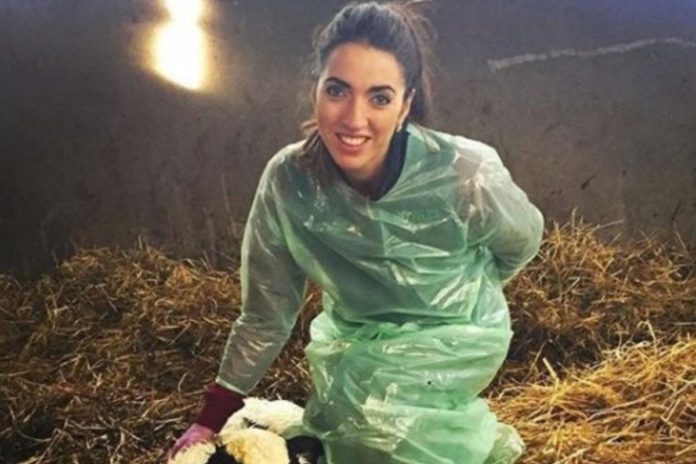Hazell Mullins documents her daily experiences as a large animal vet on her Instagram account – vetonthemoove, writes Catherina Cunnane.
There, you will find posts revolving around “cows, travel, case studies, farming, greyhounds and the odd touch of glam” the vet warns.
The Carrignavar, Co. Cork native’s interest in veterinary medicine stemmed from growing up on a farm in dairy cattle, horses and greyhounds. “Growing up on a farm sowed the seed for me. Veterinary was always on the cards,” Hazell told Catherina Cunnane – That’s Farming.
She completed her Leaving Cert in June 2007 and began a six-year veterinary medicine degree programme at University of Nottingham in September.
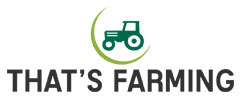
The journey after graduation
After graduating in 2013, Hazell worked in a mixed practice in Co. Kerry for eighteen months and then joined Glasslyn Veterinary Clinic in Bandon, Co. Cork for two-and-a-half-years.
She moved to fill her current position at Abbeyville Veterinary Hospital, Togher, Cork at the end of 2017. “It was always my ambition to work in my local practice. I moved home in 2017 to help out on the farm more as well as working as a vet every day.”
The nine-vet practice – which also has a number of veterinary nurses – covers a 30 km radius around Cork City and the majority of its clients are progressive dairy farmers.
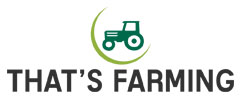
Satisfaction
Hazell admitted that hours can be long during the spring but explained her strategy: “I enjoy the buzz of spring but it can be very mentally and physically challenging, but I try to stay as positive as possible.”
“I am a big advocate of self-care and wellbeing – little things like grabbing a nice coffee, listening to podcasts or stopping to admire nature around me.”
“As a large animal vet, I am privileged to be working outside amongst nature,” she said.
Her main interests include dairy herd health – especially calf health and disease prevention. “The best thing about being a large animal vet is the variety of the day – no two days are the same, every time you ring the office you never know what is next on the agenda and it all change at the drop of a hat.”
The Cork vet has encountered many surprising cases such as calves with Schmallenberg virus, a two-headed calf and cases of schistosomes reflexus.
Alongside this, she deals with common calls such as left displaced abomasums, milk fevers and ecoli mastitis cases, which make up most of her workload in the busy spring period.
She recalled performing surgery on a one-day-old calf that swallowed an old stomach tube as one of her most unusual cases to date; she has been documenting calls of this nature on Instagram for over one year now.
“My friends were always intrigued by my stories and I saw other vets sharing information about their cases, so I posted a few videos and pictures.”
“I enjoy using Instagram – I like adding a little bit of humour to my post whilst trying to inform as well,” she added.
The Cork vet maintains that it is a great platform for discussion as it has allowed her to forge a connection with vets and farmers from across the world.
Last year, she also provided an insight into veterinary life through Vet Talks – a vlog with MSD Animal Health. “The aim was to educate farmers and to notify them if any disease trends are occurring,” said Hazell.
This year’s new venture is a veterinary-themed podcast called ‘Vet Space Ireland’, where alongside co-host, Michelle Maguire (RVN), they will interview vets and vet nurses across all veterinary fields to gain an insight into different aspects of the sector in Ireland.
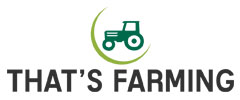
Advice
Hazell shared a few words of advice for aspiring and newly qualified vets from her time in the profession. “Expose yourself to the life of a vet first, before you decide that it is something that you want to do.”
“Don’t give up at the first hurdle. If veterinary is a dream of yours, don’t let your Leaving Certificate be the limitation.”
“Opportunities exist overseas – there are undergraduate and postgraduate routes available,” she added.
She stressed the importance of being surrounded by a team that you can call upon if you require assistance when starting out as a newly qualified vet.
“Don’t be afraid to ask for help. You have to build confidence for the first few years when starting off and you have to be okay with your limitations.”
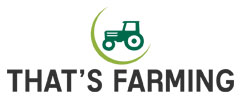
Women in ag
Being a female vet has never been an issue for the Cork native. “Things have changed a lot in the last five years. We have always had a female vet on the farm.”
“A lot of calvings these days are purely technique and confidence. We have different resources which can assist us with difficult cases.”
“Farmers have to treat us the same as our male counterparts because we all have the same degree at the end of the day,” Hazell added.
Future plans
Speaking about her future plans, Hazell – who will continue to work for her current practice – stressed that change is on the horizon for veterinary medicine, especially regarding the responsible use of antibiotics and preventative medicine.
On the back of this, she believes that diagnostics and preventative health care will become a major element in both large and small animal practices.
“There is always something new happening and how we adapt to it as vets, is exciting.”
“It’s exciting to see what direction veterinary medicine takes in the future and seeing how we, as farm animal vets, can play our part in promoting sustainability and welfare,” she concluded.
If you are a vet and you want to share your story, email – [email protected] – with a short bio.


